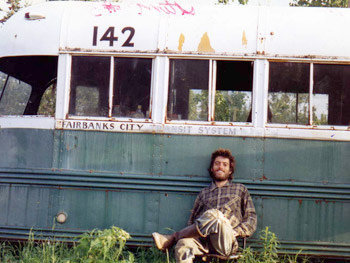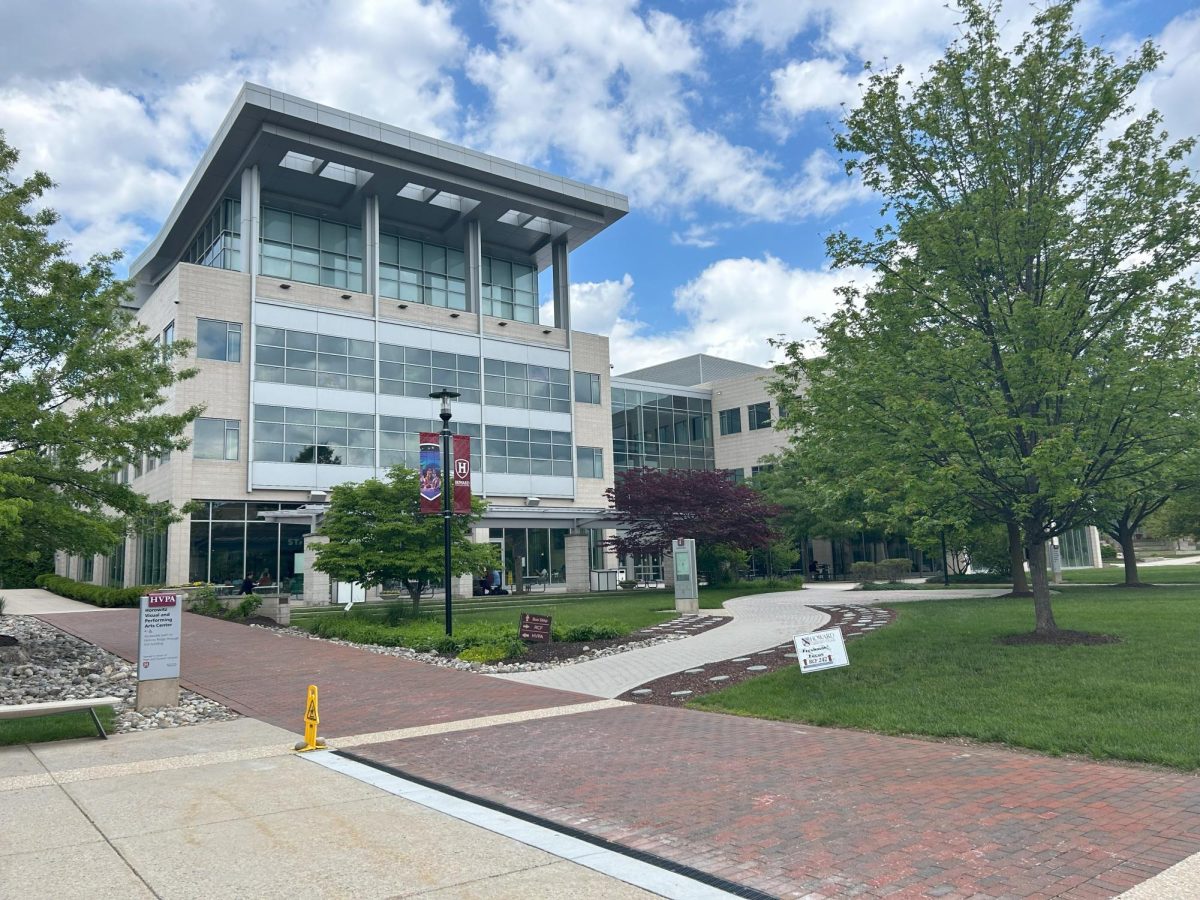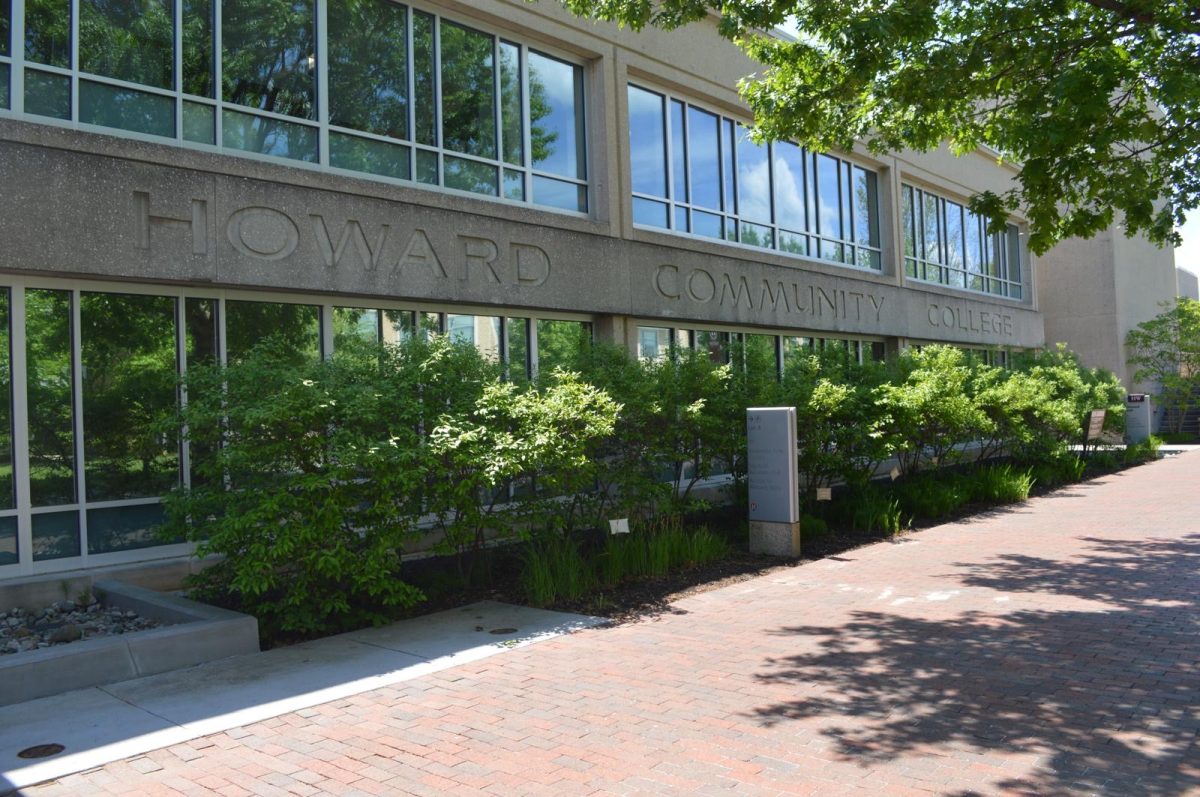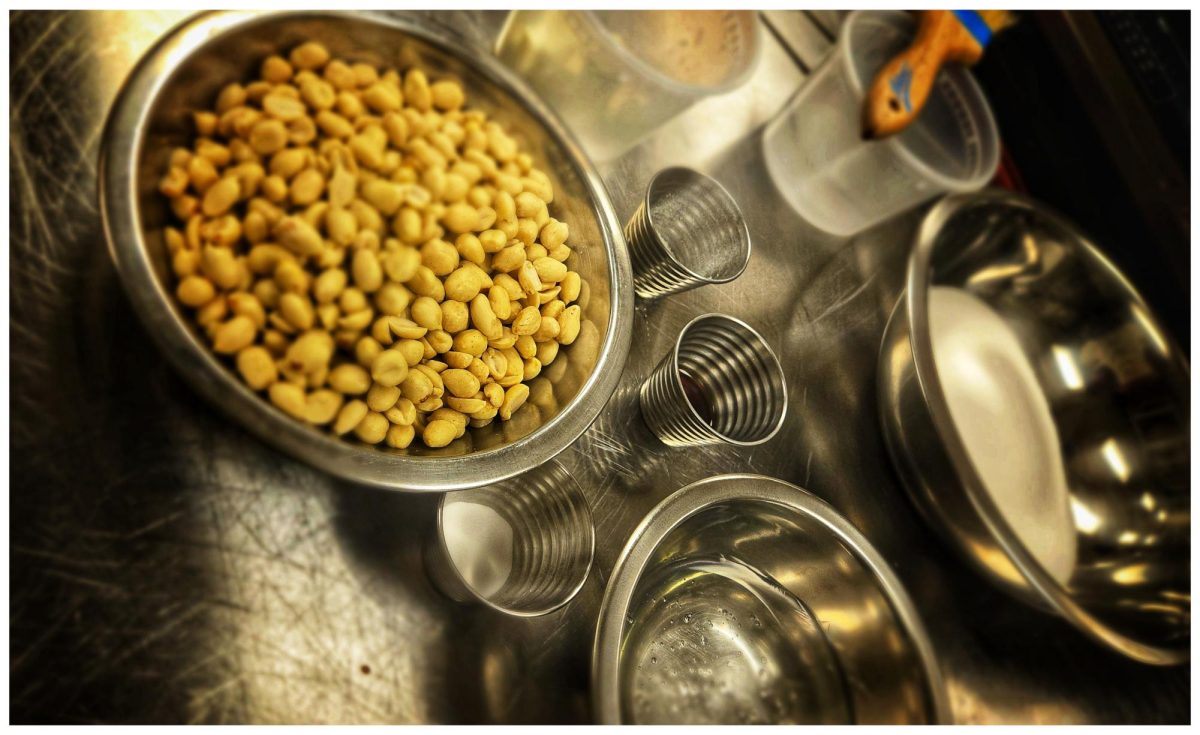Now I Walk Alone: “Into the Wild”
“There is pleasure in the pathless woods; There is rapture on the lonely Shore; There is society, where none intrudes, By the deep sea, and music in its roar: I love not man the less, but nature more…” – Lord Byron
February 11, 2021

“Into the Wild” is the written and cinematic re-telling of Christopher McCandless (Emile Hirsch) fatal expedition to Alaska. McCandless was only 20 years old when he graduated from Emory College with flying colors. He was brilliant and loved to read. His inspiration came from writers like Henry David Thoreau, Jack London and Leo Tolstoy. Like his idols, McCandless shunned material possessions and preferred to live in nature with only the bare necessities for survival. Thus, after graduating, Chris donated his remaining college fund, threw away his identity, and drove west with no particular destination.
After dumping his car in Arizona, McCandless became a leather tramp: hitchhiking and traveling by foot. Through his travels, McCandless met many people who cared deeply for him. First, he met Jan and Rainy (Cathrine Keener and Brian Dieker), a couple of older hippies who traveled the country in an RV. McCandless then meets Wayne (Vince Vaughn), a farmer for who he works for while in Iowa. Finally, McCandless meets Ron (Hal Holbrook), a World War II Marine veteran who views McCandless as a grandson.
McCandless travels the country: starting driving west until he reached the sea, then traveling back inland. Then he travels to Mexico by way of the Colorado River and starts to make his way up to Alaska.
Once in Alaska, McCandless finds and lives in a broken-down bus in the middle of the wilderness. He arrives with a little over a month left of winter, surviving on rice and small creatures he can kill with his .22 rifle. As winter ends and spring comes, the bus becomes more like home. In the summer, McCandless tries to leave but is prevented by the river. All the snow and ice melted, making it much bigger and preventing him from crossing.
McCandless decides to wait it out in his bus, but food becomes scares and he begins to grow hungry. He gets lucky and finds a caribou, which e kills and attempts to skin and smoke the meat. Unfortunately, due to the heat and his inexperience, the flies get to the meat before McCandless can smoke it.
After this, McCandless dives into his books, trying to find anything to help him survive. He finds a passage that reads “Calling it by its name.” This leads Chris to break open his plant book once more to help find food. He scrounges for hours calling the plants “by name,” trying to find all edible plants he can stock up on. This seems to work, until the next morning when McCandless finds out that the plant he stocked up on and ate was not Alaska Carrot, but actually Wild Sweet Pea– a poisonous plant that closely resembles Alaska Carrot.
This fatal mistake leaves McCandless weak and eventually kills him before he can leave his bus home in Alaska.
Before McCandless went to college, he learned that he and his sister (Jena Malone) were illegitimate children and that his father had another family. This, in addition to years of psychological trauma, created the rift between McCandless and his parents (William Hurt and Marcia Gay Harden) that inspired his journey.
McCandless, with his books written by men who look down upon those who possess objects for show or comfort, embarked on a journey that he thought would give him true happiness away from possession and permanent human relationship. He believed that he would only be happy once in Alaska and, living amongst the beasts of the field: alone and secluded from society.
But as McCandless nears the end of his stay, and consequentially, his life, he makes two discoveries. The first discovery is one he finds in Leo Tolstoy’s book “Family Happiness”. Tolstoy states that what he has found to be true happiness is when one lives secluded in the country, and has the opportunity to do good for those that it is easy to do so, as well as to who are not used to having people do good to them.
The second discovery is the one McCandless makes on his death bed: “Happiness is only real when shared.”
As McCandless comes to the end of his life, he becomes aware of the mistakes he made through youthful arrogance. He found that even though he had enjoyed his time in Alaska, the times he was genuinely happy was with people who loved him and whom he loved in return. He remembers his time with Jan, Rainny, Wayne and Ron. McCandless wanted to go on an adventure, but in the process forgot about the basic human element: companionship and love.
“Into the Wild” is both a masterpiece and a warning, inspiring and cautioning the young adventurer. It is an extraordinarily crafted film that leaves you both wanting to pack your bags and head off into the sunset and gather your loved ones close. “Into the Wild” reminds us that sometimes goodbye is forever, even though we do not realize it.





